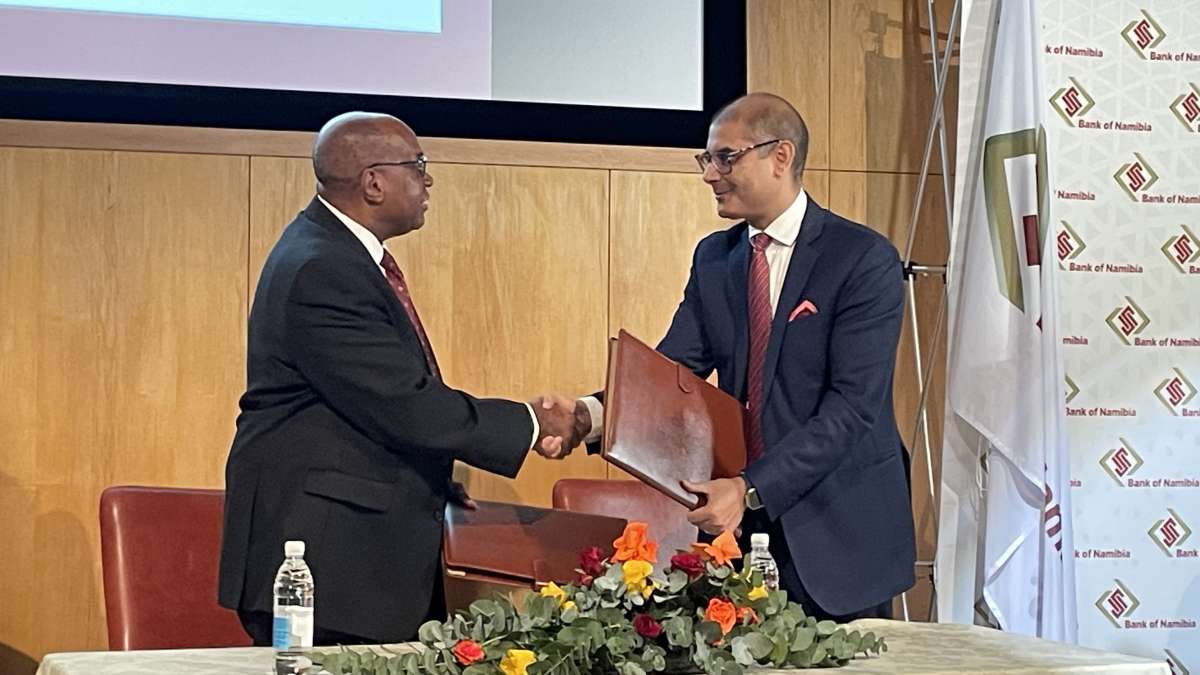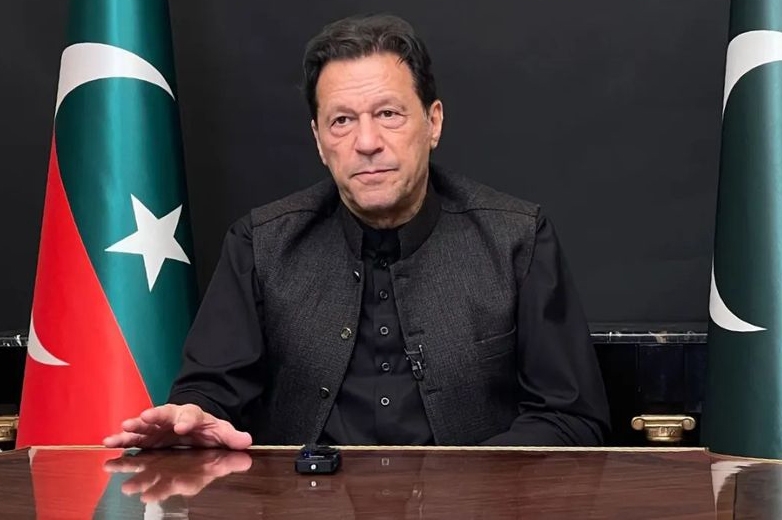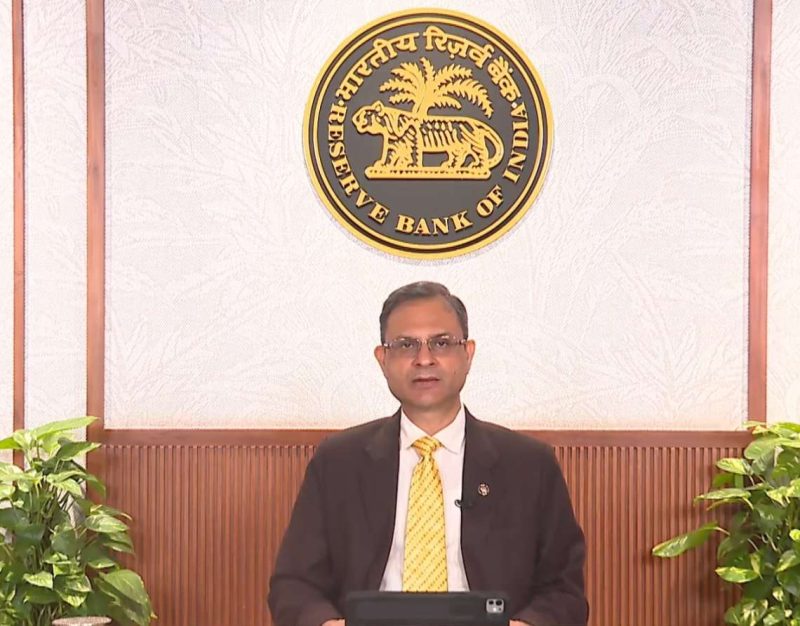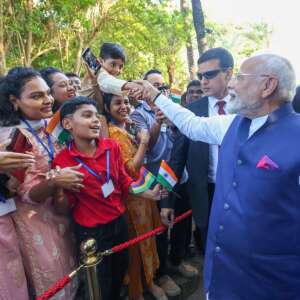The partnership aims to assist Namibia modernise its financial ecosystem by leveraging India’s UPI technology and experience…reports Asian Lite News
NPCI International Payments Limited (NIPL), the international arm of the National Payments Corporation of India (NPCI), on Thursday said that it partnered with the Bank of Namibia (BoN) to support them in developing a Unified Payment Interface (UPI)-like instant payment system for the country.
The partnership aims to assist Namibia modernise its financial ecosystem by leveraging India’s UPI technology and experience. This includes improving accessibility, affordability, connectivity with both domestic and international payment networks, and interoperability.
“By enabling this technology, the country will gain sovereignty in the digital payments landscape and stand to benefit from enhanced payment interoperability and improved financial access for underserved populations,” Ritesh Shukla, CEO, NPCI International, said in a statement.

Moreover, NPCI said that this collaboration aims to improve digital financial services and support real-time Person-to-Person (P2P) and Merchant payment transactions (P2M) in the country.
This partnership will also allow BoN to gain access to best-in-class technology and insights from NIPL, enabling the creation of a similar platform in Namibia for the digital welfare of its citizens.
“This endeavour, aligned with the Bank’s Strategic Plan and NPS Vision and Strategy 2025, deliberately employs a central bank-led approach to minimize infrastructure costs for financial institutions, thereby ensuring the sustainability and affordability of instant payment solutions for end users,” said Johannes Gawaxab, Governor of the Bank of Namibia.
Once operational, the platform will enable digital transactions in Namibia, prompting financial inclusion and reducing cash dependency by catering to underserved populations.
Meanwhile, UN General Assembly President Dennis Francis asserted that India showcases how the digital revolution can be democratized to benefit millions, serving as a pivotal force for social transformation and advancement.
“Models like the Citizen Stack (of India) should be embraced and replicated across countries in the Global South – supporting and empowering people, particularly the most vulnerable in our communities, in the true spirit of leaving no one behind,” he said on Thursday.
Speaking at a conference on Digital Public Infrastructure (DPI) hosted by India’s UN mission, he recalled his visit to India in January, when, he said, he saw the rapid expansion of digital public infrastructure that has removed many barriers and “enabled millions to achieve financial independence and prosperity”.

“In just seven years, India’s digital public infrastructure model has achieved over 80 per cent financial inclusion for its citizens, and now accounts for more than 60 per cent of all digital transactions worldwide,” he said.
At the conference, India showcased its Citizen Stack, the pioneering DPI, that provides seamless interoperability between various functions, from identity (for example, Aadhar) and payments (like UPI and Walmart’s PhonePe) to health (Sanjeevani) and public services delivery.
India’s Electronics Minister Ashwini Vaishnaw in a video message said, “India believes in the ethos of ‘One World, One Family, One Future’ (and) consistent with our ethos, we offer our Citizen Stack to the world.”
“The G20 summit in New Delhi last year recognised the transformative power of DPI and following this, India took the initiative to establish a global repository for DPIs currently housing over 55 DPIs from 16 countries,” he said.
“India has pledged $200 million to a social impact fund that will accelerate DPI adoption globally, especially in the developing countries,” he added.
In the digital universe, India’s DPI is unique because unlike the commerce-driven systems predominating the West or the closed government-controlled model in China, India’s DPI provides an open digital infrastructure with guardrails that the private and public sectors can use.
India’s Permanent Representative Ruchira Kamboj said, “India’s journey offers powerful lessons for other nations embarking on digital transformations emphasising a design approach focused on shared building blocks to spur innovation across ecosystems.”
“We invite you to engage with us, let’s stack up the benefits worldwide, and help millions more,” she said, “achieve their dreams”.
To evangelise the DPI model, India’s UN Mission is holding one-on-one sessions on Friday for countries that are interested in adopting it.
Amitabh Kant, who was India’s Sherpa for the G20 Summit, said that India was offering a “modular open source identity platform” that can be adopted by any country’s needs.
“Do not replicate what India has done,” he said. “If you want to transform the lives of citizens like India, you can use the model based on your own country’s ethos in a manner so that you can transform the lives of your citizens.”
ALSO READ: Meet Pragya Misra, OpenAI’s First India Hire














